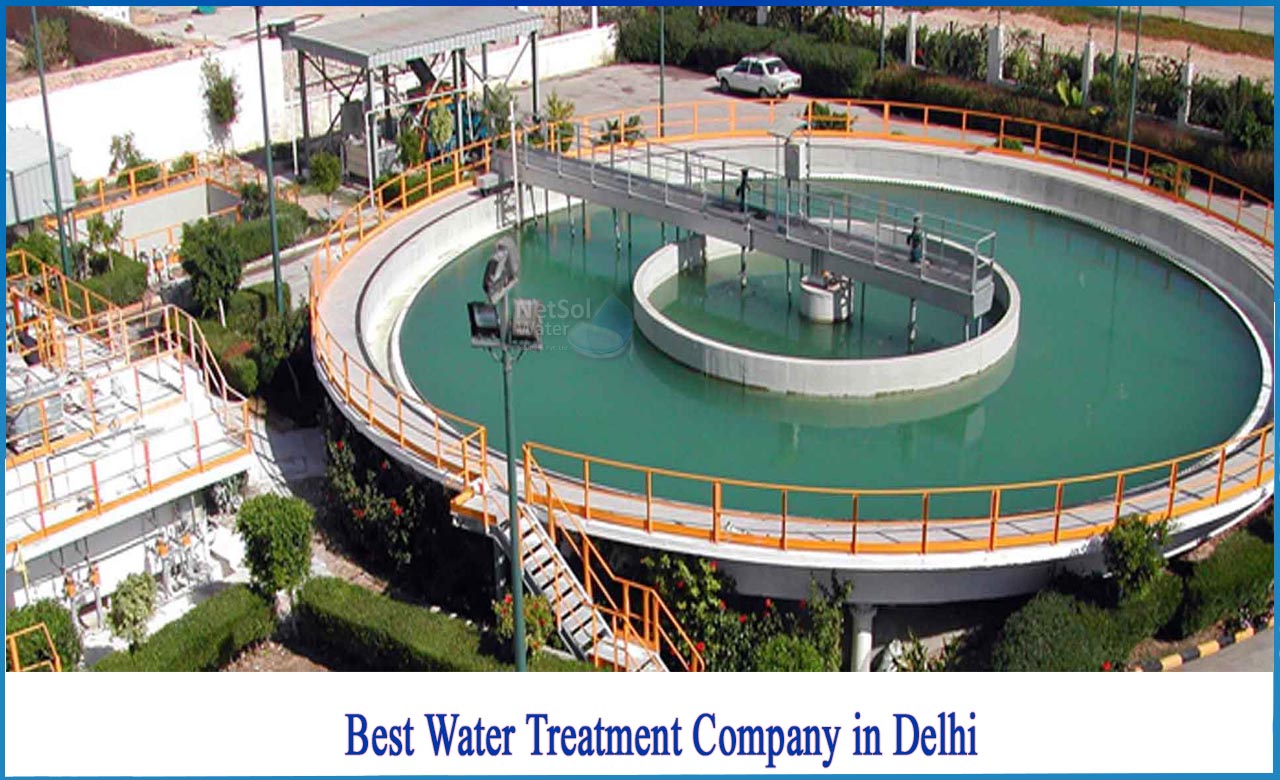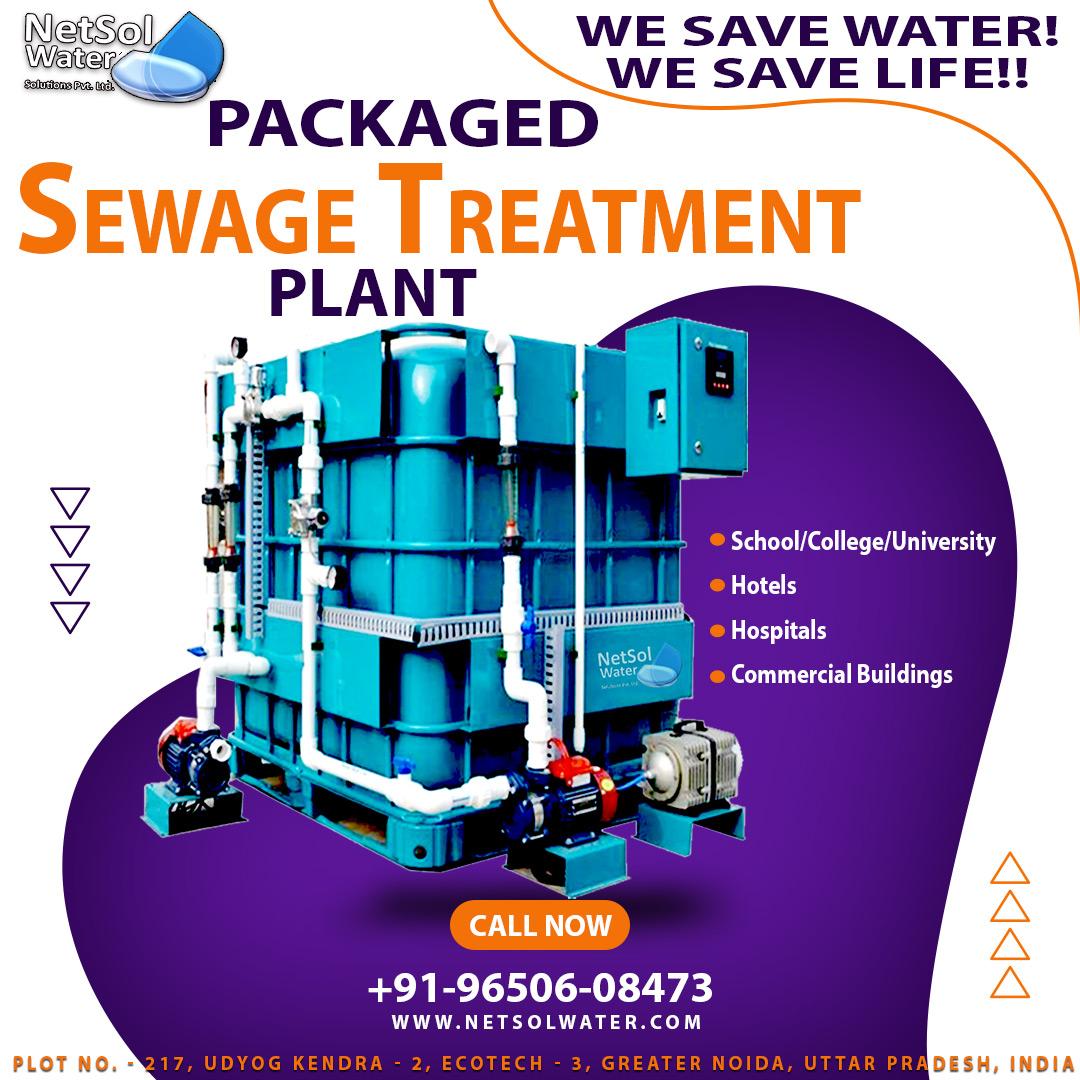Who is the Best Water Treatment Company in Delhi?
In one of the rankings based on tap water quality, provided by the “Bureau of Indian Standards (BIS)”, the national capital sits at the bottom of the list. It is one among 13 cities where all tested samples failed to meet the BIS criteria for piped drinking water, including Kolkata, Chennai, Bengaluru, Jaipur and Lucknow.
According to the Delhi Jal Board (DJB), the city's water production and supply organisation, Delhi requires 172 litres per capita daily (lpcd) for domestic users (i.e., houses) and 102 lpcd for non-domestic customers (i.e., industries, commercial enterprises, hotels and fire stations). As a result, the city requires 274 lpcd of water every day. This demand rose to 1,380 MGD in 2021.
What are the reasons behind Delhi’s poor and insufficient water demand?
The following section examines the most significant roadblocks to Delhi's goal of delivering sufficient and safe water to its inhabitants:
1: Inadequate raw water-The decrease of Delhi's water table as a result of unrestrained and unregulated extraction has an impact on raw water availability.
2: Poor Quality- Many industrial plants in surrounding cities have been observed dumping untreated effluents into the river Yamuna from surface sources (such as rivers and canals).
3: Unbalanced distribution-Delhi is still a long way from fulfilling the DJB's goal of ensuring that all consumers have access to water 24 hours a day, seven days a week.
4: Water wastage-Despite concerns about the scarcity of raw water, waste continues to be a problem in a variety of ways. Water distribution losses of up to 40% of total water provided have been calculated by the DJB. Leaks in the pipelines cause a major percentage of the treated water to be lost during transmission.
5: Wastewater management-After consumption, almost 720 MGD of the water delivered to the consumers travel down the drain as wastewater. Wastewater created at various locations must be securely transported through subterranean sewers and then treated before being reused for potable/non-potable purposes, discharged in surface water bodies, or used to recharge groundwater so that it does not affect living beings or the environment. There are numerous flaws in the treatment of wastewater in Delhi.
What is Water Treatment?
Any technique that enhances the quality of water to make it more suitable for a specific end-use is known as water treatment. After water treatment, drinking water, industrial water supply, irrigation, river flow maintenance, water enjoyment and a variety of other applications are possible.
Why is water treatment important?
Water treatment removes or reduces the concentration of pollutants and unwanted components in order to make the water fit for its intended purpose. This is essential for human health since it allows people to benefit from both drinking and irrigation.
Netsol Water Solutions are a full-service manufacturer of water treatment plants and equipment’s for a variety of purposes, including industrial, commercial, and drinking water. Water and wastewater reuse criteria are also met by these systems. Our pre-engineered (readymade) and customized units meet the needs of a wide range of consumers; regardless of the volume (LPH or GPD) of water required.
We are one of the best manufacturers of water treatment plants in Delhi. We design, manufacture, and install these systems ranging from small to large capacities and provide them at a competitive price with a 100% performance satisfaction guarantee and environmental compliance.
Technologies used in our Water Treatment Plants
In our water treatment plants, the following technologies are used:
1: RO (Reverse Osmosis) Systems
Our reverse osmosis systems, which are specifically intended for commercial and industrial water treatment applications, can filter the most problematic feed water from municipal, ground water, surface water, industrial water and seawater and may be set to flow up to 10,000 LPH or more.
2: Water Softeners
We design and install commercial and industrial water softening plants with flow rates ranging from 650 LPH to 50,000 LPH or more. These systems can be operated manually or semi-automatically, depending on their intended usage.
3: Activated carbon filters
These are also known as liquid phase activated carbon adsorption equipment’s and are used to remove organic pollutants from water. It is commonly utilized in the treatment of industrial and municipal wastewater. It's also used as a pre-treatment for the RO system, the DM plant, and the softener.
4: Multi-grade Filters
Multi-grade filteruses a pressurised tank in which a fluid stream encounters granular media for physical or chemical removal, is a low-cost and reliable method of water filtration. We make pressure sand filters ranging from 1000 LPH to 100,000 LPH for a range of applications, including pre-treatment.
5: Iron Filters
Iron, manganese, and arsenic are frequent components found in ground and well water, and they alter the flavour and colour of the water. The process used to remove iron and manganese from water is oxidation filtration. For commercial application, we develop and install iron removal filters ranging from 500 LPH to 10,000 LPH.
We also provide various technologies for chemical treatment, physical treatment, biological treatment, evaporation techniques, and much more.
Conclusion
In Delhi, there are discrepancies in water service availability. A considerable majority of the people living in planned colonies has access to piped water and sewerage, allowing them to use treated water for a variety of potable and non-potable applications. This population has issues such as a lack of water during the summer months, a daily supply of only a few hours throughout the year, and poor water quality.
The communities living in unplanned, illegal, and resettlement colonies, slums, and villages, on the other hand, are the ones who suffer the most as a result of Delhi's incapacity to provide appropriate water supply and access. Although, the DJB is expanding its piped water and sewerage networks to serve these communities, many areas remain subserviced. As a result, there is a significant water and sanitation problem in places without piped networks, with the poorest people bearing the brunt of the consequences. Thus, it has become important to treat water for providing proper sanitary measures, not only to the residents of Delhi but every citizen of India. Thus, we want to provide a helping hand to the citizens and the Government of India to help clean water for the entire nation and assist in the Clean India Mission.




